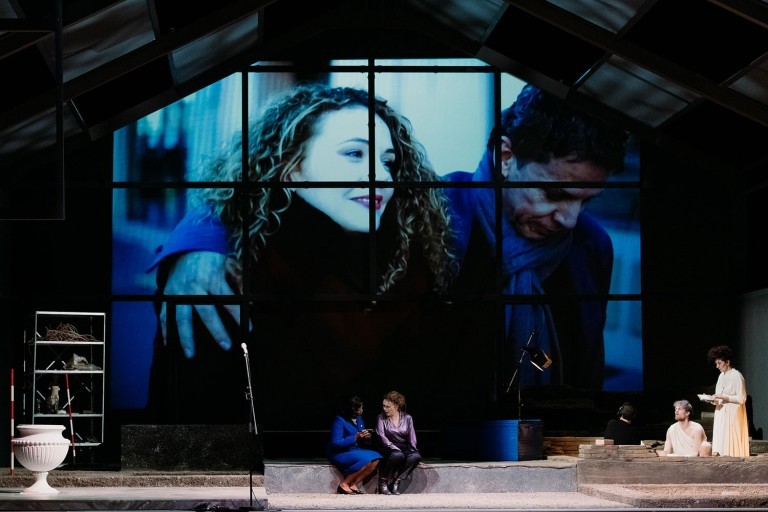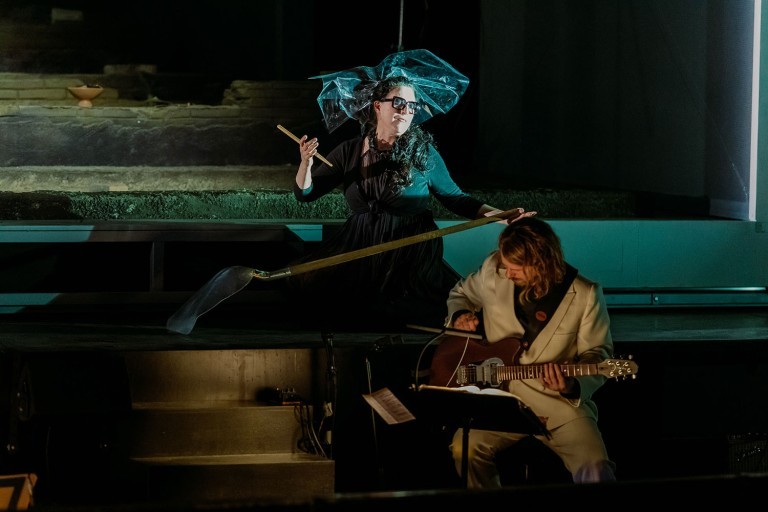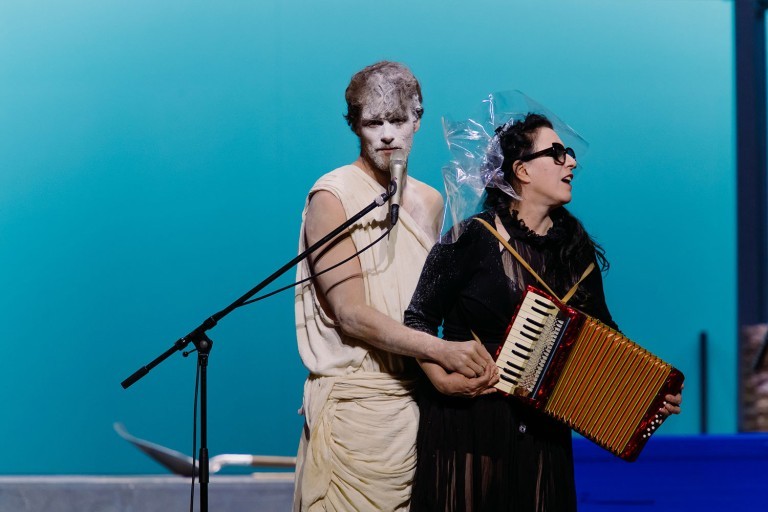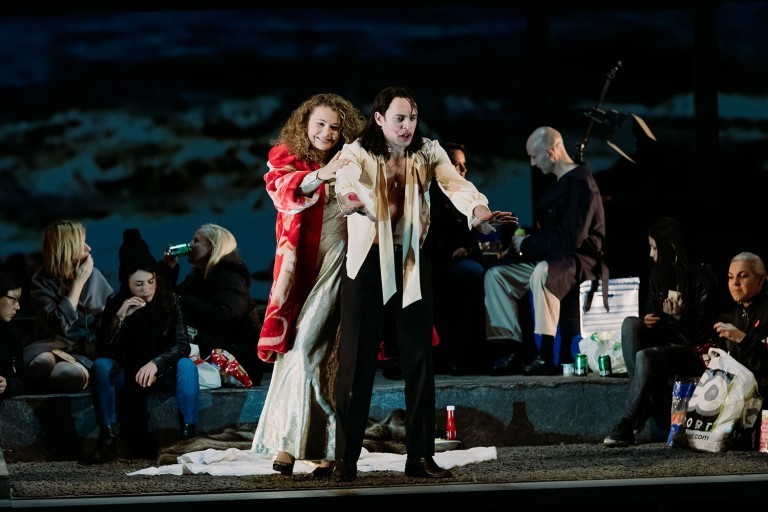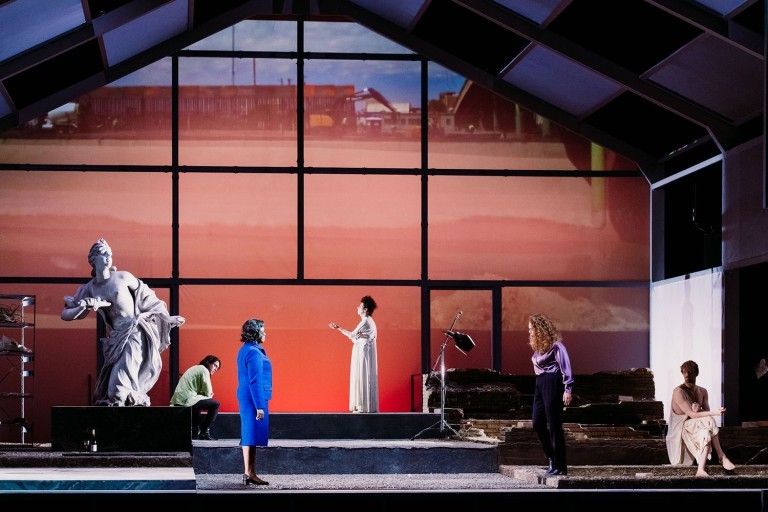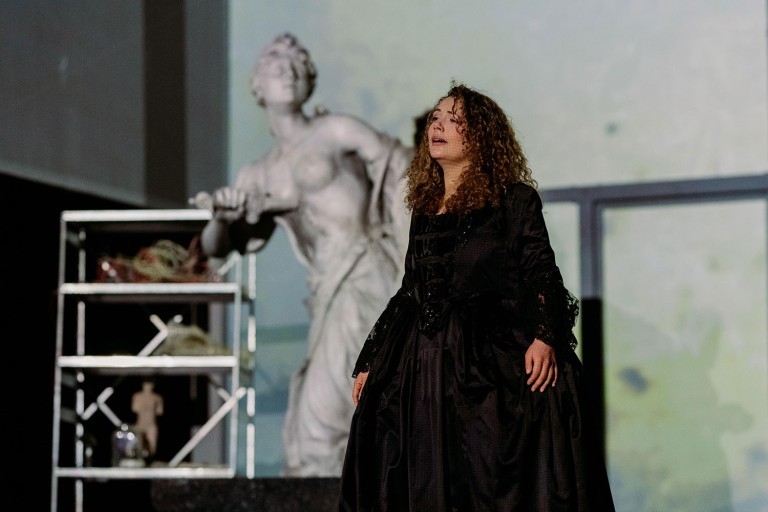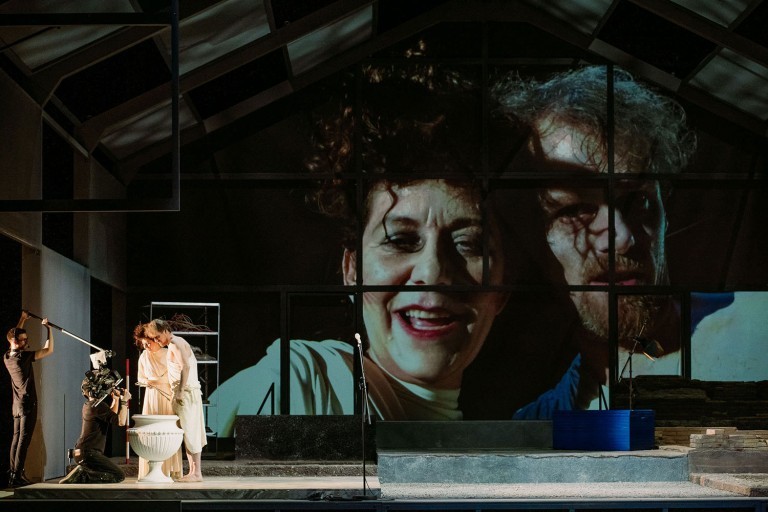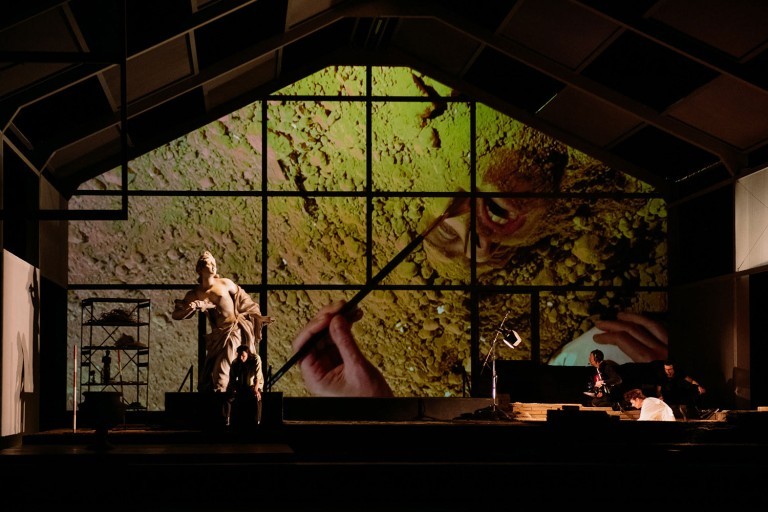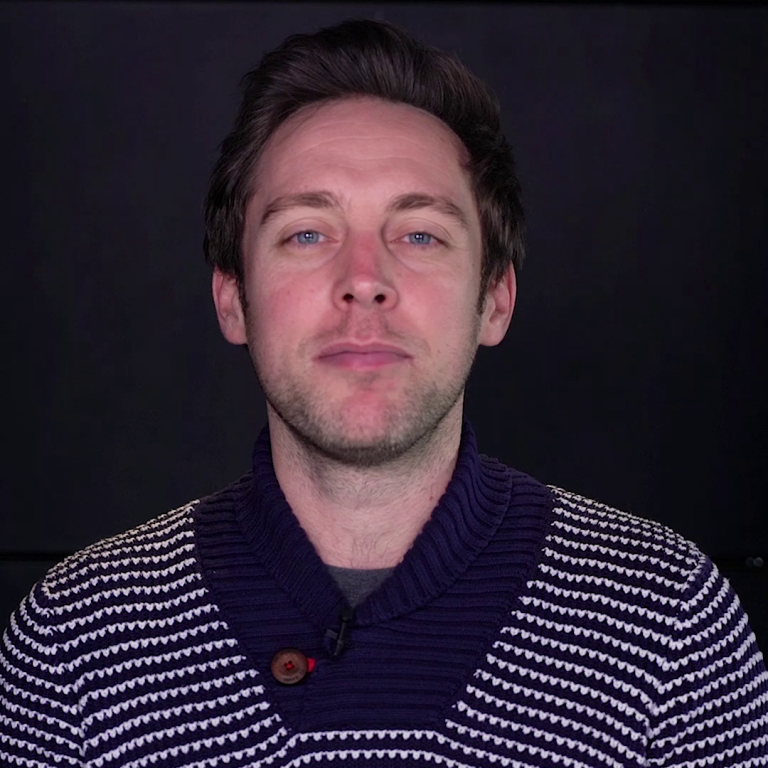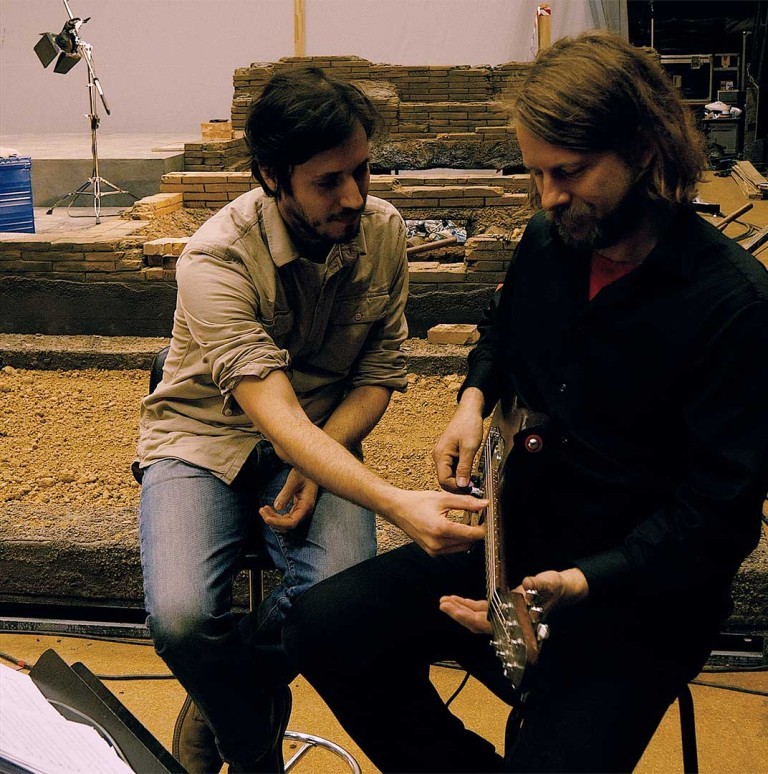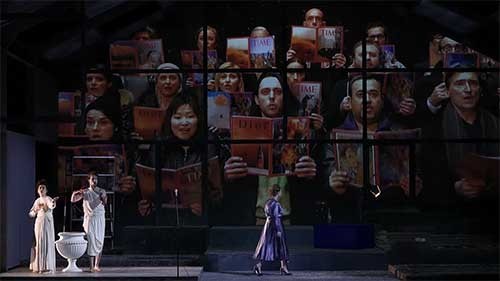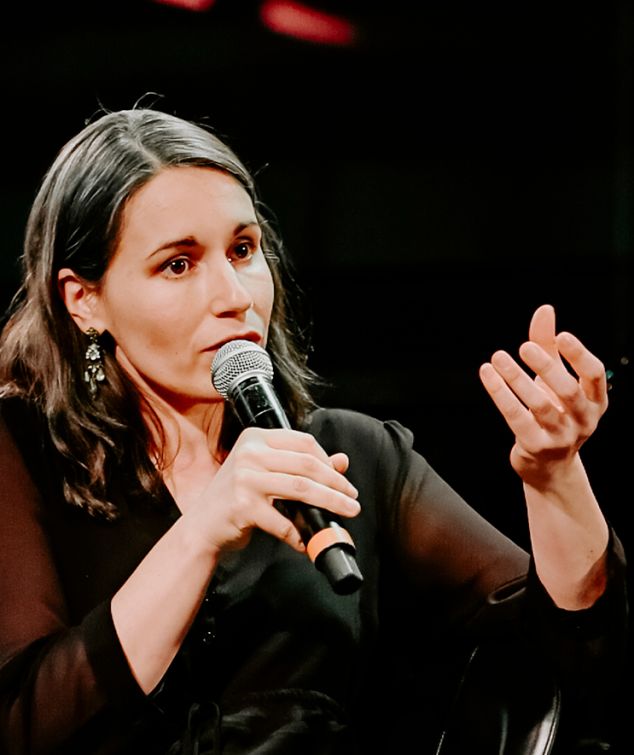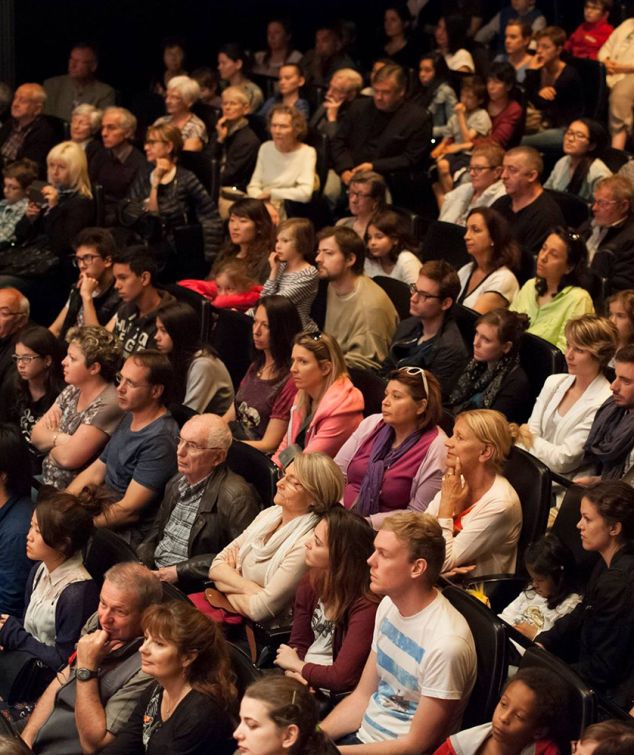As an ancient queen, disappointed in love, Dido is the first great operatic heroine.
Her destiny inspired Henry Purcell and his librettist Nahum Tate with a sizzling work of concision and intensity. Written for Josias Priest’s girls’ school, in Chelsea, this mini opera premiered in December 1689. The libretto tells the tale of the fateful love affair between Aeneas, expelled from Troy, and the Queen of Carthage. The will of the gods was soon to send away this prince and founder Rome, abandoning Dido to a painful suicide. Remember me, the lament that concludes the piece, is one of the greatest hits in the baroque repertory. The stage director David Marton has chosen to extend the drama with an eponymous piece by Kalle Kalima. The Finnish jazzman thus offers a sonic mirror to the distress of the betrayed Queen.
A political metaphor The legend of Dido appears in Virgil’s Aeneid. This ancient best-seller has generated all the operatic versions of Dido, from Cavalli to Berlioz. The tale told by the Roman writer is extremely political. Aeneas, who lies at the origin of the mythical founders of Rome, is protected by Venus and Jupiter. But he is above all a migrant, driven away from Troy by Greek invaders. Aeneas comes to Carthage, where Dido reigns. She herself is a Syrian from Tyr who fled the civil war and found refuge in Tunisia, where her cunning allowed her to acquire a huge territory. This passion of Dido for Aeneas can also be read as a metaphor for the confrontation between Antiquity’s two economic capitals. Delenda Carthago : the military and incendiary campaign that destroyed the city in 146 BCE thus underlies Virgil’s poem, written a century after the end of the Punic Wars.
David Marton and Kalle Kalima After having put on Schreker, Gluck, Berlioz and Richard Strauss, the young Hungarian director, nourished by the Berlin stage work of Christoph Marthaler, is coming back to the Opéra de Lyon thanks to this emblematic baroque work. It provides many levels of interpretation, from the classic cultural tradition (Virgil, Rome, London) to the current, vivid geopolitical situation of our Europe. This play of mirrors has inspired the Finnish jazz guitarist, and figure of the Berlin underground scene, Kalle Kalima, with an independent echo, entitled Remember me. His writing, in which can be heard the influences of Leonard Cohen, Sibelius and Marty Robbins, goes back over Purcell’s celebrated ground.
Vincent Borel
 As of the 12th February, listen to talks about the show live or replayed
As of the 12th February, listen to talks about the show live or replayed
Opera with a prologue and three acts, 1689 after the Aeneid in book IV by Virgil
Libretto by Nahum Tate
Download the programme
